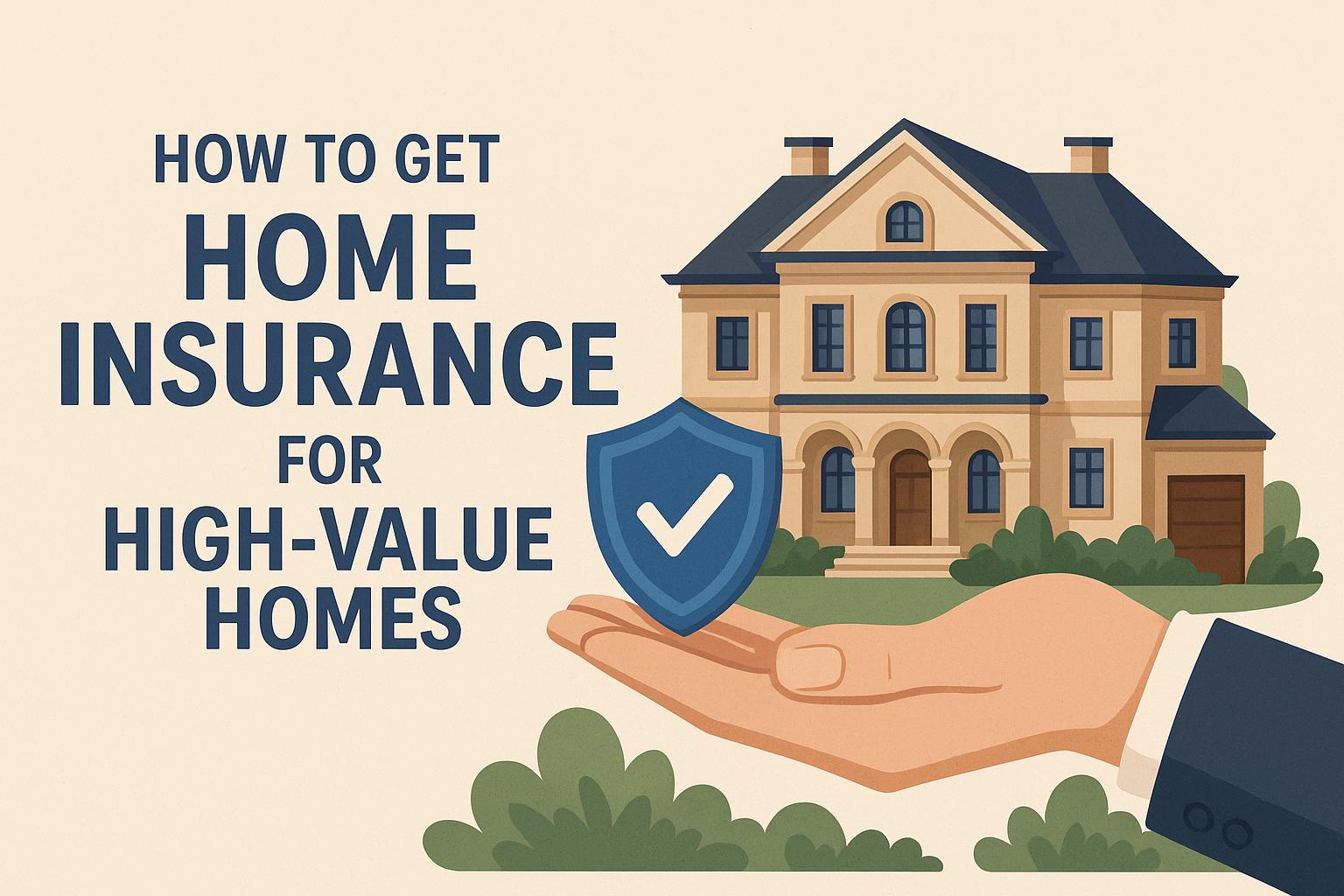Understanding High-Value Home Insurance
High-value homes generally require specialized insurance to address their unique risks and assets. Due to their larger footprint and the valuable possessions they house, these homes often have higher replacement costs than the average property. Consequently, a standard homeowners’ insurance policy frequently falls short of providing adequate coverage. This is where high-value home insurance plays a crucial role, offering tailored solutions to fit the distinct needs of these properties.
Features of High-Value Home Insurance
High-value home insurance policies equip homeowners with additional coverage options that go far beyond the limitations of standard policies. The coverage features generally include the following:
Extended Replacement Cost: One of the most significant features is the extended replacement cost coverage. This ensures that, in the event of significant damage or loss, the policy provides additional funds to rebuild your home, even if construction costs have escalated beyond the initial policy limits.
Valuables and Collections Coverage: High-value homes often contain expensive collections, whether they are art pieces, jewelry, or rare items. High-value insurance caters specifically to such assets, typically offering a broader scope and fewer restrictions compared to regular homeowner’s policies.
Additional Living Expenses: If your home undergoes repairs due to insured damages, the enhanced coverage under high-value insurance policies may offer larger reimbursements for temporary accommodations and living expenses. This ensures you maintain your lifestyle during rebuilding.
Liability Protection: Given the increased assets at stake, higher insurance limits and comprehensive coverage options are crucial. High-value home insurance provides robust liability protection that safeguards against legal actions that might arise due to accidents on your property.
Assessing Your Needs
Before selecting an appropriate insurance policy, it’s critical to assess your specific requirements and potential risks. A thorough evaluation usually involves:
- Determining the replacement cost of the home and any additional structures involved. This involves considering current market costs for materials and labor, ensuring you have enough coverage for complete restoration.
- Evaluating the high-value items or collections stored within your home,. Understanding their actual worth will help select sufficient coverage limits.
- Considering any natural disaster risks specific to your geographic location, such as earthquakes, floods, or hurricanes.
Choosing an Insurance Provider
The choice of an insurance provider is crucial in managing the unique coverage needs of high-value homes. Here’s how to approach this decision:
Research Insurers: Start by identifying companies known for their expertise in dealing with high-net-worth clients. Such firms are likely to offer policies that are meticulously designed to cater to high-value properties, accommodating their distinctive needs.
Compare Quotes: Solicit multiple quotes from different providers. Doing so allows you to compare not just premiums but the diverse coverage options each policy presents. Pay attention to policy limits, exclusions, and unique benefits to ascertain the best fit for your requirements.
Read Reviews: Customer reviews and ratings are invaluable resources when evaluating an insurer’s service quality. Feedback from other homeowners will offer insights into the level of responsiveness and claims handling you can expect.
Consulting with Professionals
Engaging with an insurance broker or advisor experienced in high-value properties can provide several advantages. These professionals are instrumental in:
Identify Coverage Needs: Insurance brokers can help determine your coverage requirements based on your property specifics, the value of your assets, and your individual risk profile.
Find the Best Policy: With their extensive industry knowledge, advisors can help you compare policies, ensuring that you select one that is comprehensive and aligns well with your circumstances and preferences.
Given the complexity involved in choosing the right coverage for a high-value home, consulting an insurance advisor or broker can be highly beneficial. Their expertise can guide you in navigating the myriad of options available, allowing you to make an informed decision.
For more detailed information on how to protect your high-value assets with insurance, consider reaching out to an insurance agent or perusing authoritative industry resources. They can offer valuable insights tailored to your specific needs, ensuring the full protection of your high-value home and its precious contents.
